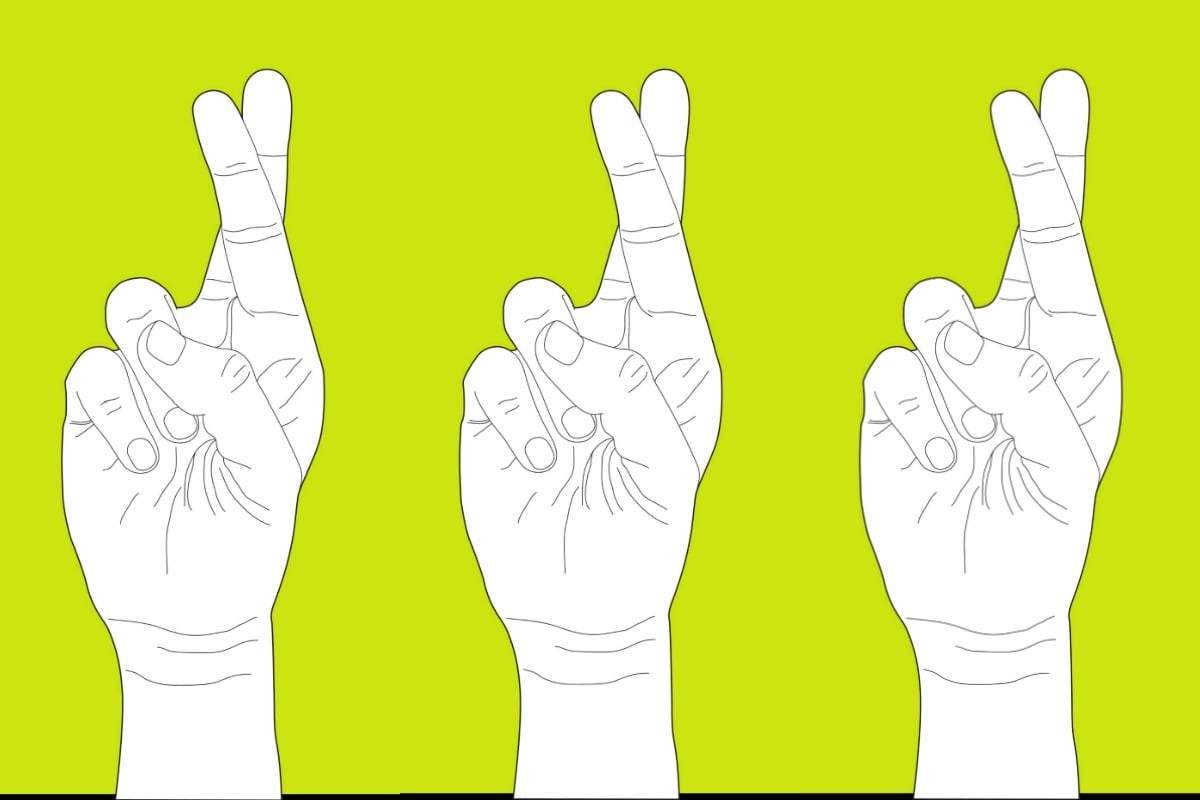
We’re having a laugh over a drink and it’s early January. Summer heat with the odd flash rain shower. Someone in the group asks a question, a perfectly normal question to ask at this time of year: “What’s your New Year’s Resolution?”
The hairs on my neck bristle. I start to think but my head hits a brick wall full of clichés. Be more present. Spend less time on social media. Have a five-year plan. Take control of my finances. Be less anxious. Take more chances. Listen to my body. Listen less to my mind.
I let someone else answer first as a stalling tactic. They’ve got career goals in mind. Another member of our table has fitness goals. Another is writing their list of goals tonight. Another has an attitude-based New Year’s Resolution around ‘giving it a go’.
And then there’s me, unresolved as to what my resolution will be for 2019. It’s not because my life is perfect and I don’t want to change anything. But it’s this unspoken pressure that the very notion of a ‘New Year’s Resolution’ puts on us to pull a goal out of a hat and make that the emblem of our year.
A lot of people have issues with the idea of a New Year’s Resolution. Yes, the end of one year prompts reflection on where you were this time a year ago, and what you achieved over that year. This can be either be positive or negative – you might not have reached a certain goal and end up beating yourself up about it, or perhaps you reached a goal and just don’t know what the next level is yet.





























































































